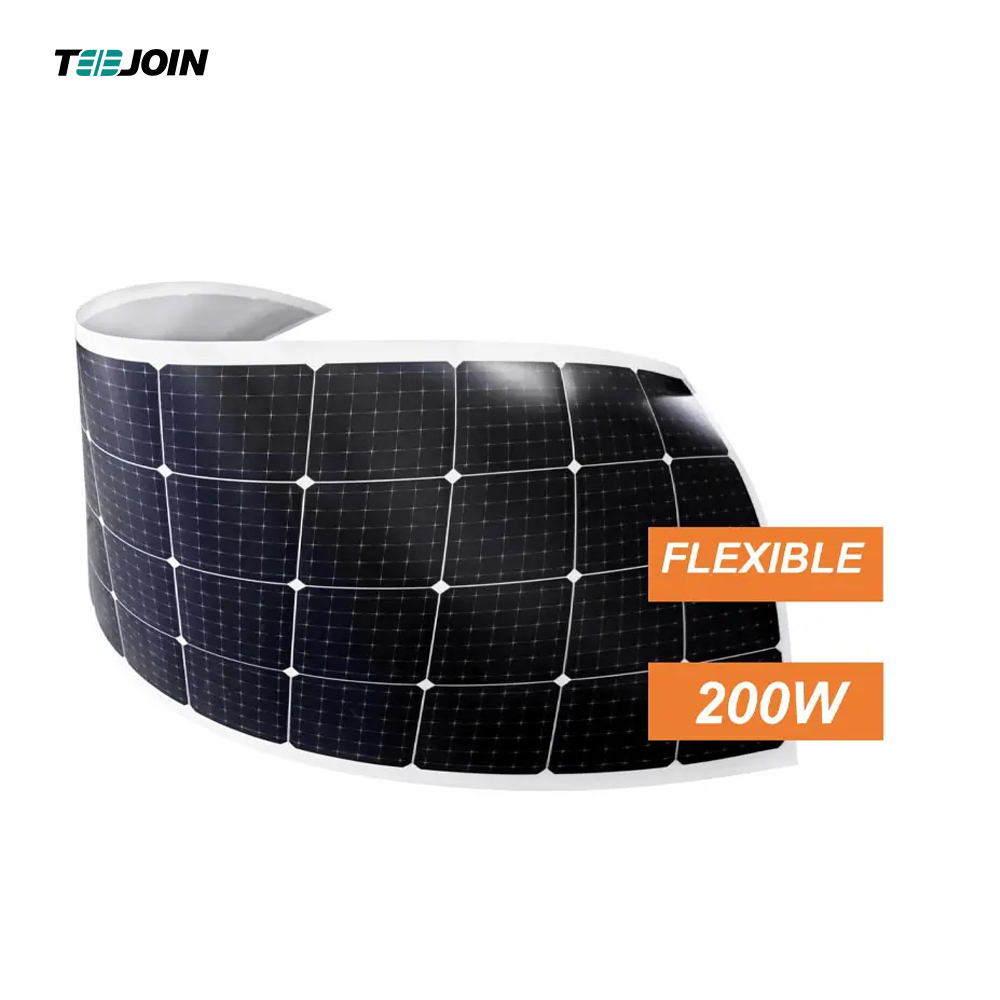Types of batteries used in solar systems
A battery is simply a device that stores energy. There are two main types of batteries that can be used to store solar energy, namely: lead-acid batteries and lithium-ion batteries.
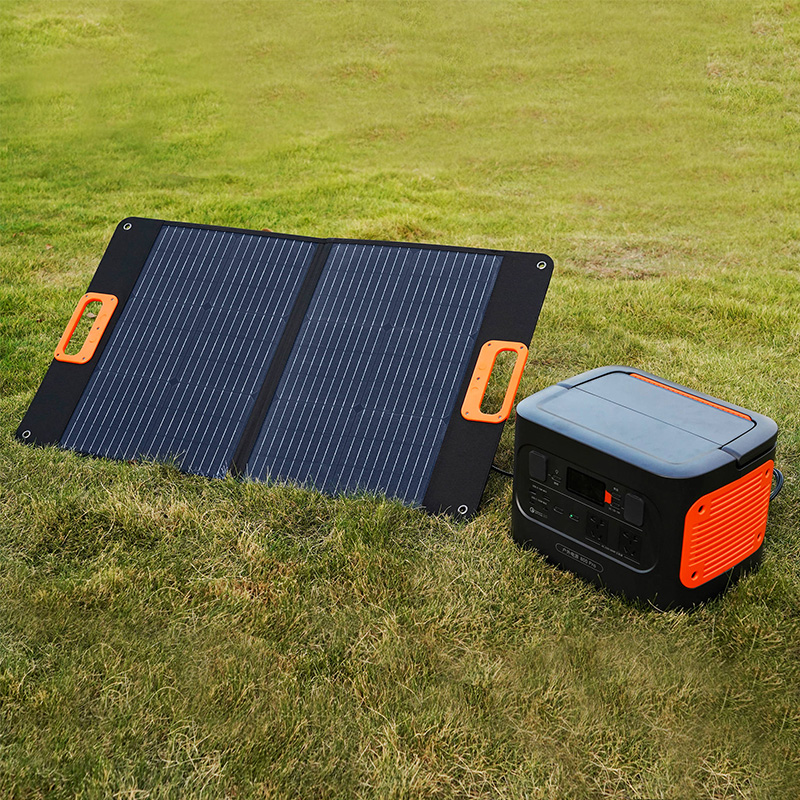
Lithium Battery
Lithium-ion batteries are widely used in electronics such as cell phones and laptops.
They have started to gain market share in the solar industry.
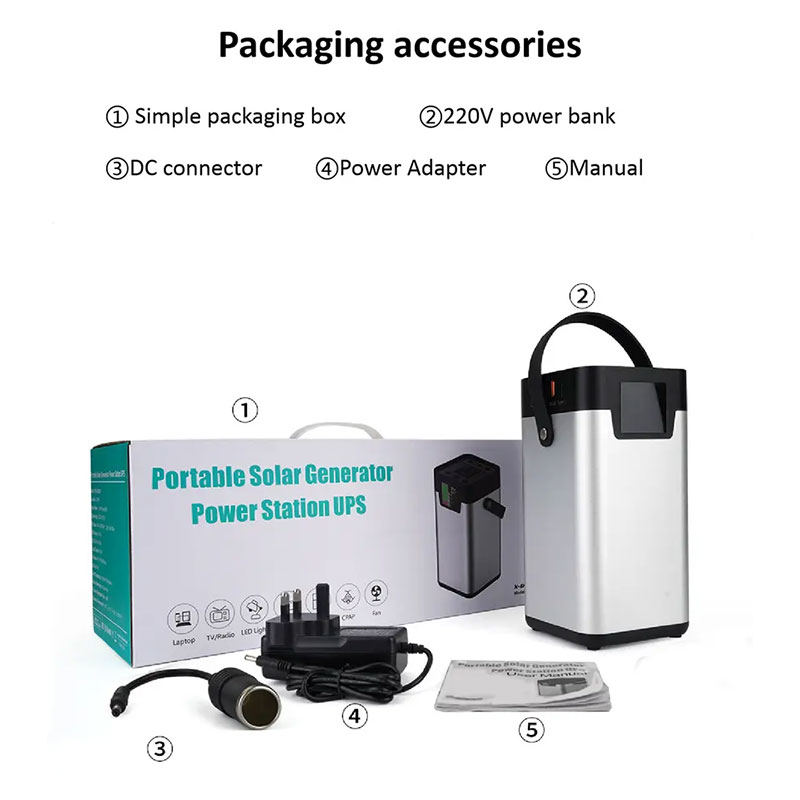
Some of the advantages of this type of battery are:
Low self-discharge rate.
They have high efficiency and energy density.
High battery voltage
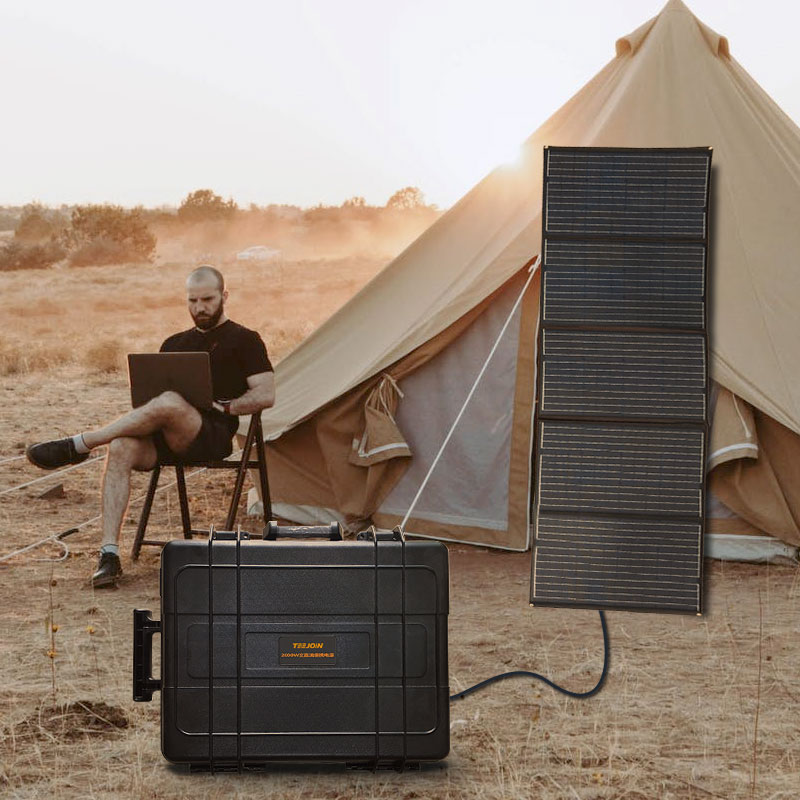
Disadvantages are:
High manufacturing cost.
They tend to explode due to mechanical, thermal or chemical stress
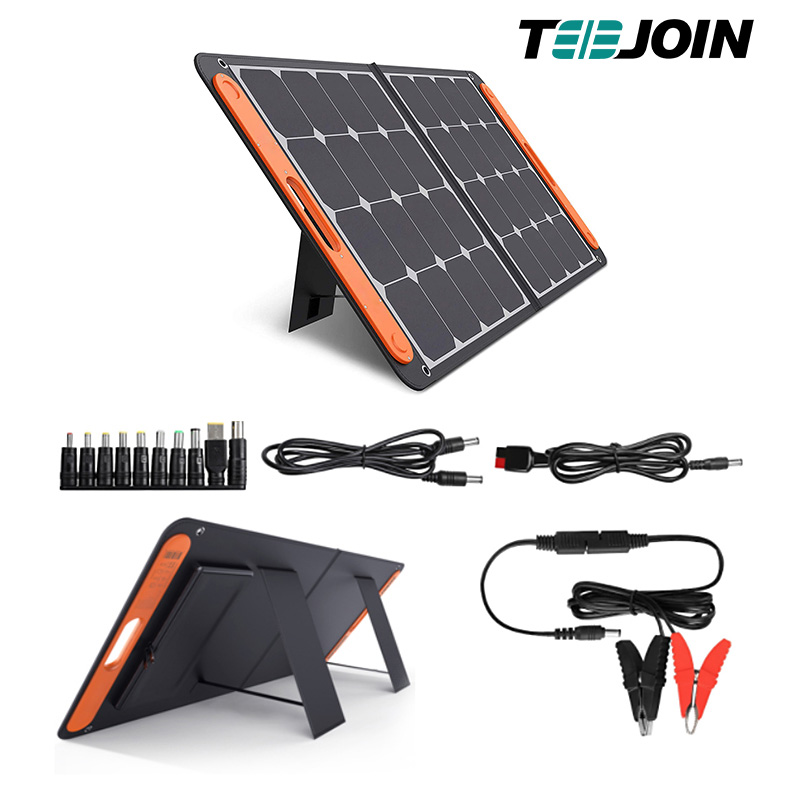
Lead-acid batteries
Lead-acid batteries are the oldest rechargeable batteries. As well as the most commonly used battery in the Nigerian solar industry. In lead-acid batteries, the gate and electrodes are made of lead. To improve the mechanical strength, additives such as calcium are added. There are different types of lead-acid batteries. They can be classified according to the application or the electrolyte used.
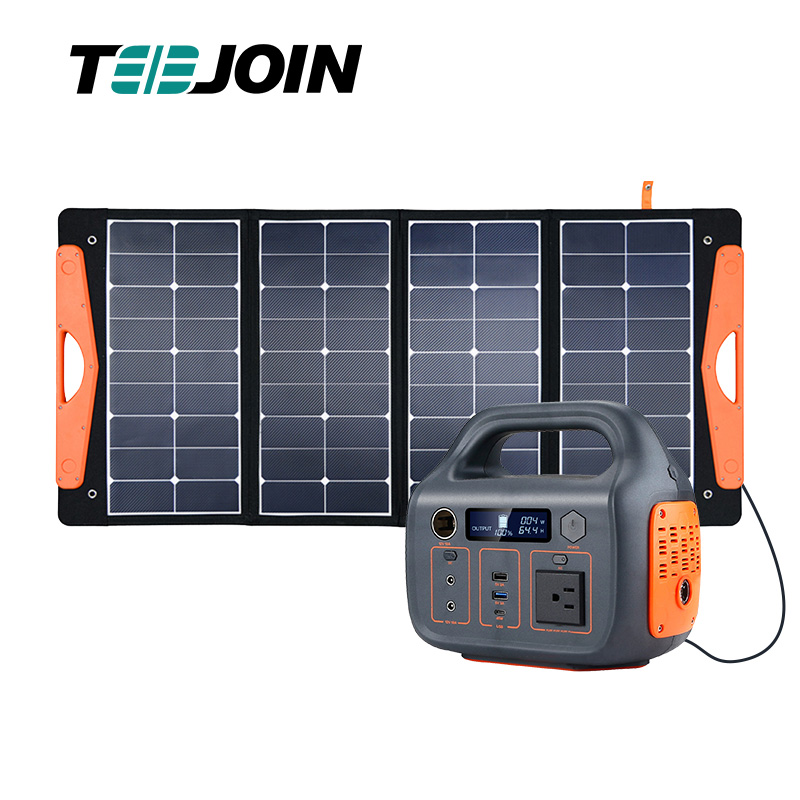
Depending on their application, we have two types, starter batteries and deep cycle batteries. Starter batteries are used in automobiles. Deep cycle batteries are used as storage in renewable energy systems.
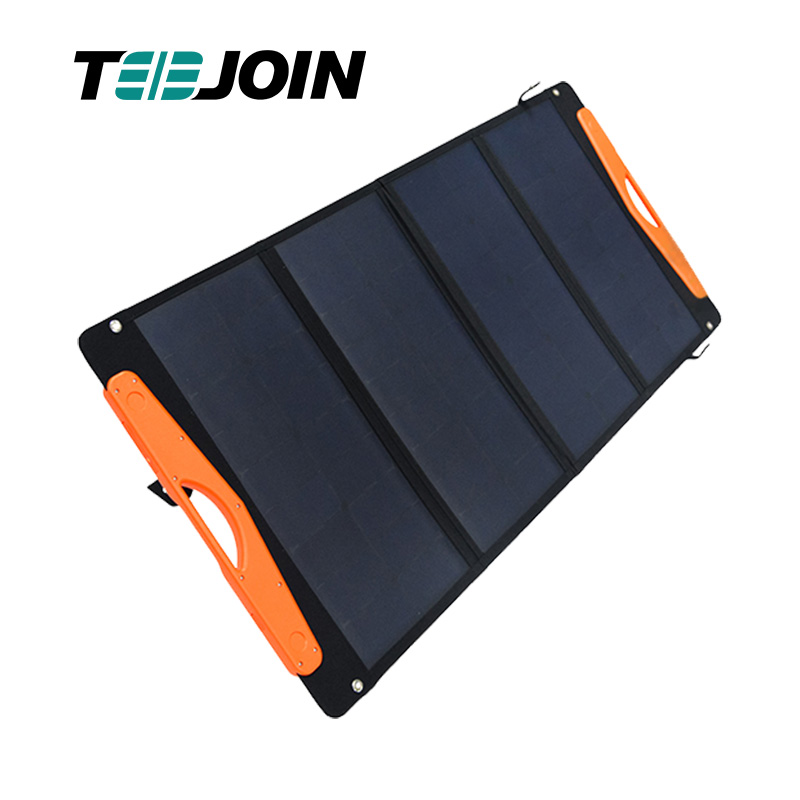
Depending on the type of electrolyte, we have liquid-rich lead-acid batteries, also known as wet batteries, and valve-regulated lead-acid batteries, also known as sealed or dry batteries. Liquid-rich batteries need to be filled with distilled water, while VRLA batteries (Valve Regulated Sealed Lead Acid batteries) do not because their electrolyte is essentially semi-solid.
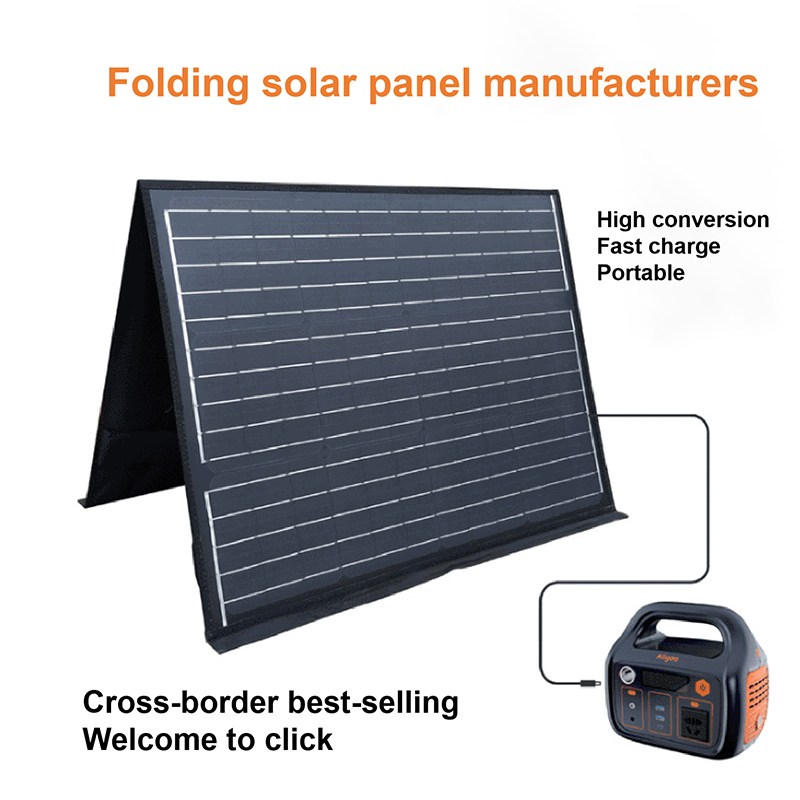
There are two types of sealed or dry cells: gel cells and adsorbed glass mat (AGM) cells. Gel batteries have a longer life than AGM batteries.
In general, some of the advantages of lead-acid batteries are:
They are cost effective and more economical.
They are reliable.
They they are recyclable.
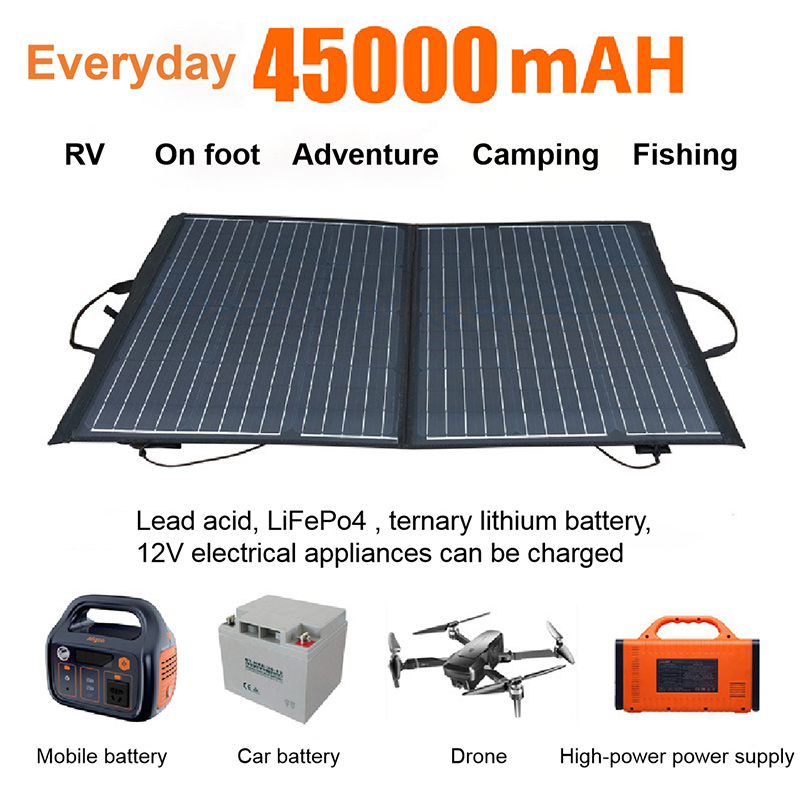
Some disadvantages are:
They are heavy.
They have low cycling and deep discharge stability.
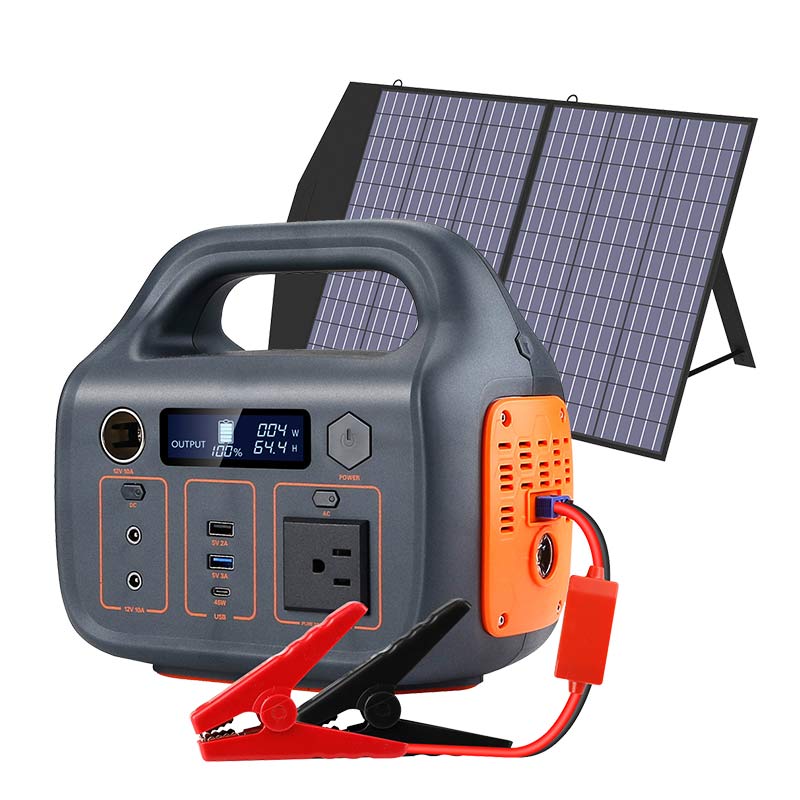
Caution:
Although the battery itself is safe, care should still be taken.
Make sure that the surface and surroundings of the battery are always clean and free of dirt.
Have the battery checked and maintained regularly by a professional.
Charge the battery immediately after discharging. Charge the battery at least once a month to maintain its efficiency, even when it is not in use.
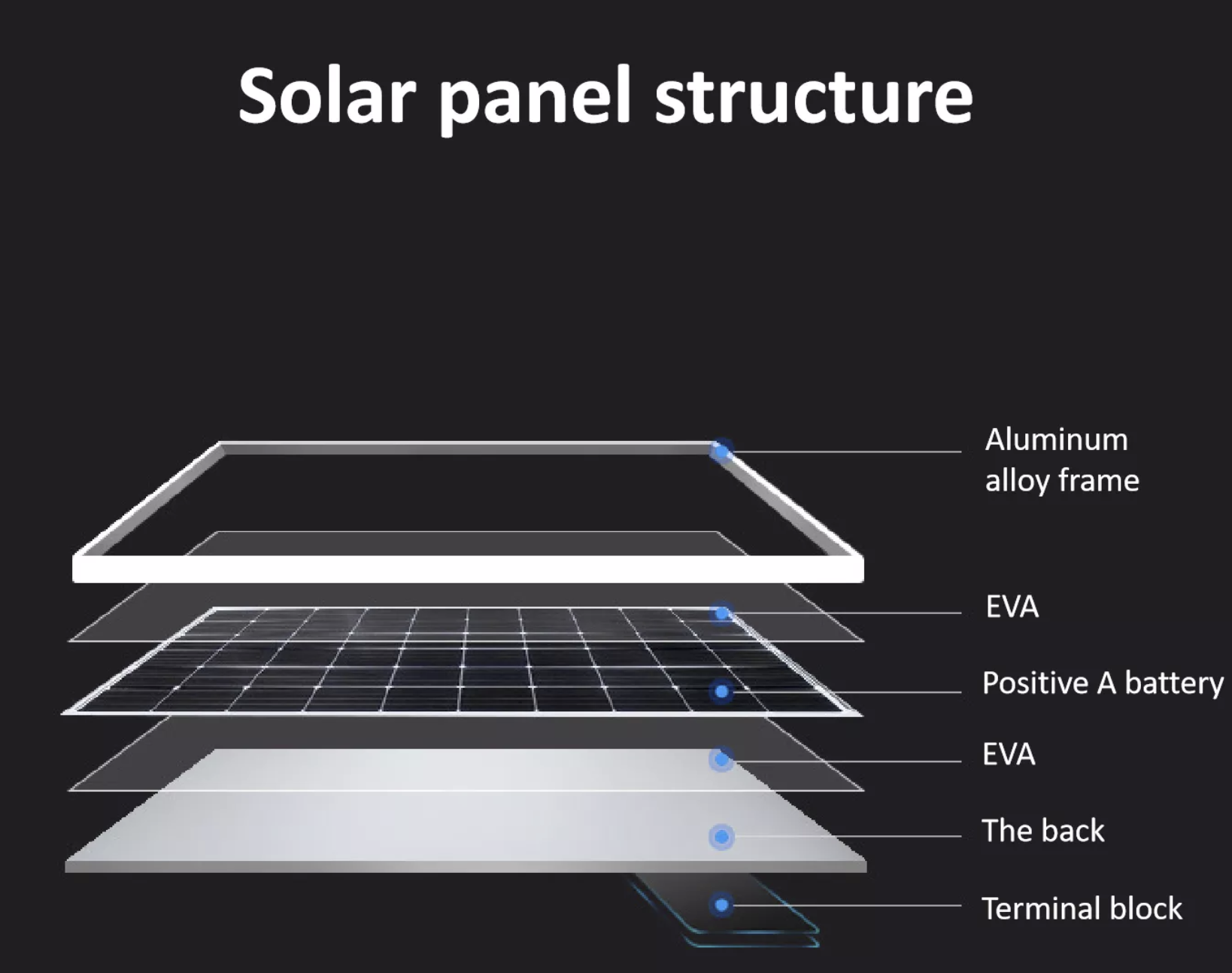
Make sure to use the required and sufficient size and rating of wire recommended for the battery during installation.
Ensure proper disposal of used batteries.
Do not mix old and new batteries in your system, as this can negatively affect the performance of the new batteries.
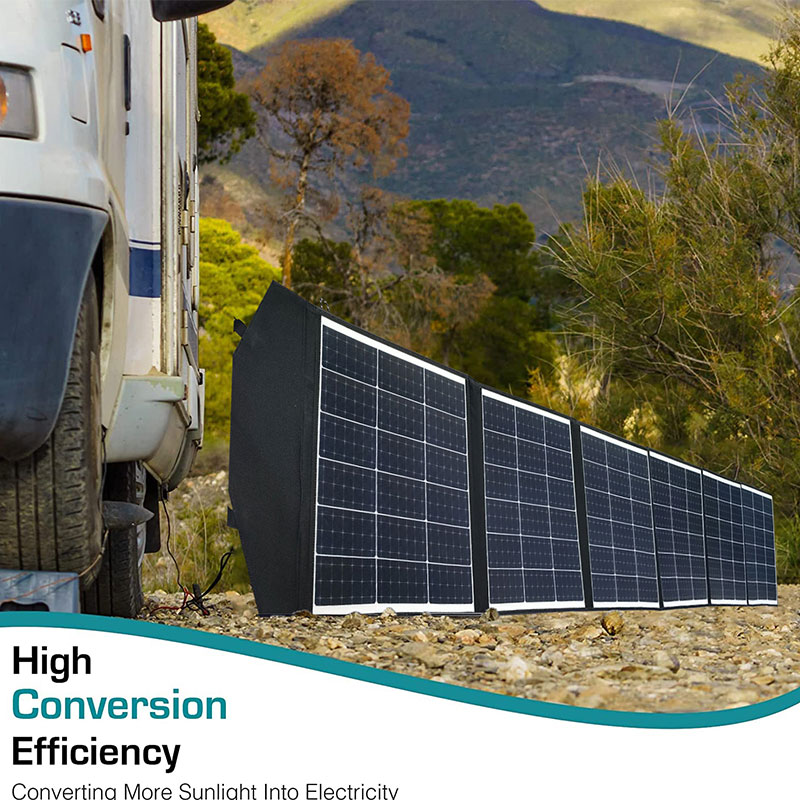
Do not use any type of water to charge the battery. Use only distilled water to avoid contamination of the electrolyte.
Do not use a combination of different battery types and sizes in one system.
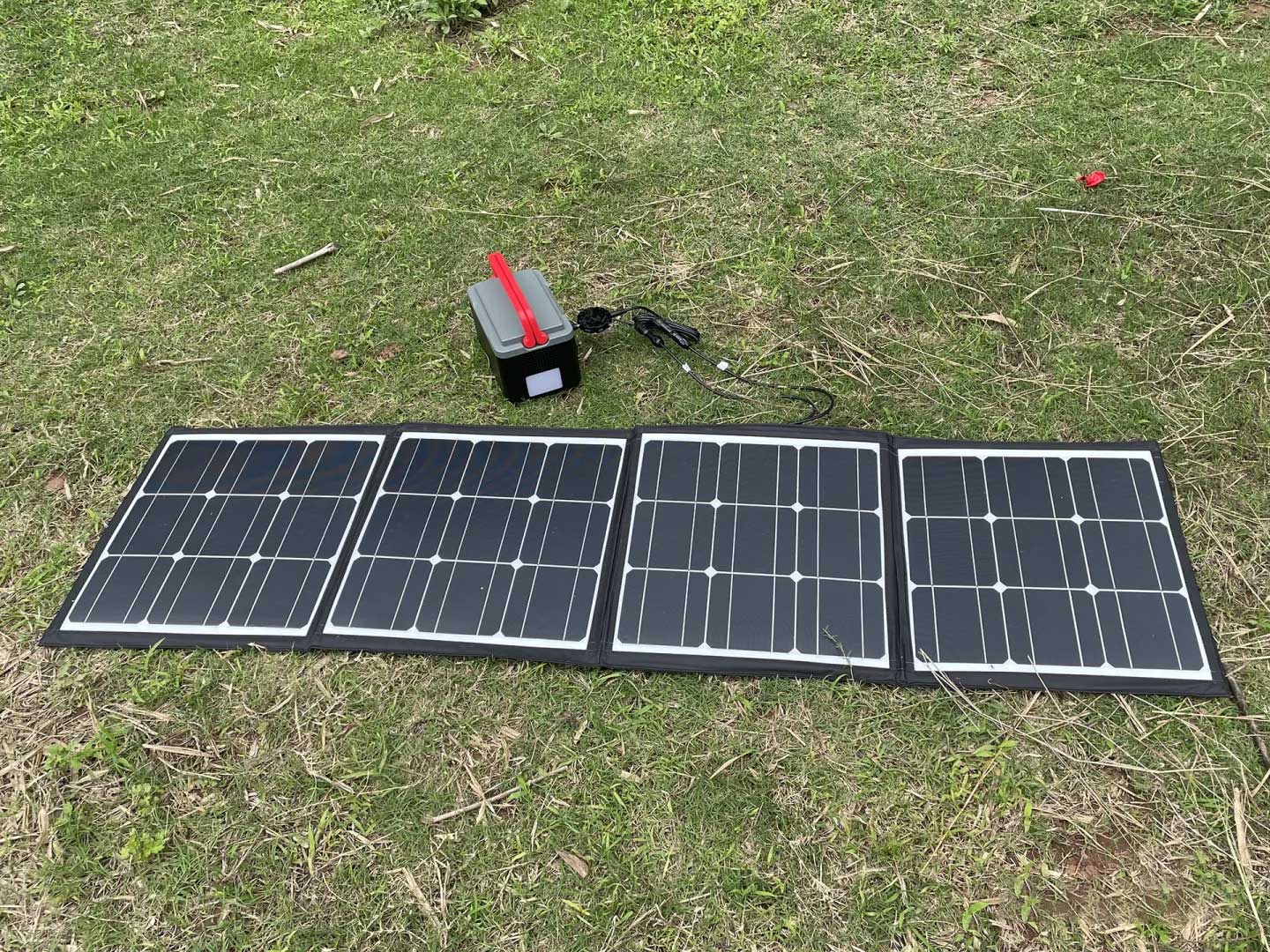
Guangdong Aurora Solar Technology Co., Ltd. is an innovative high-tech company integrating R&D, production and sales. We specialize in manufacturing monocrystalline and polycrystalline solar photovoltaic panels, solar cells, solar power generation systems, flexible solar panels, folding solar panels, solar EVA films, solar water pumps and solar street lights. We have a professional team to serve each customer professionally according to customer requirements.
Our products have been certified by TUV. CE.IEC61215.ISO9001.CGC and ROHS, and has been widely recognized and good reputation by customers,
Let us go hand in hand, take action together, encourage and advocate people to use low-carbon energy-saving products, and protect our living environment.
Website: https://www.teejoinsolar.com/
Tel: +0755-2377-1505
Email: sherrishi@teejoin.com
Address: 4/F, Union Building, Wan Yelong Industrial Park, Tangtou Avenue, StreetOffice, Bao'an District, Shenzhen, China
Follow us ! TEEJOIN SOLAR







